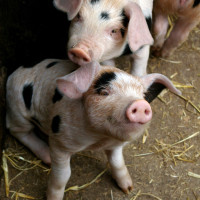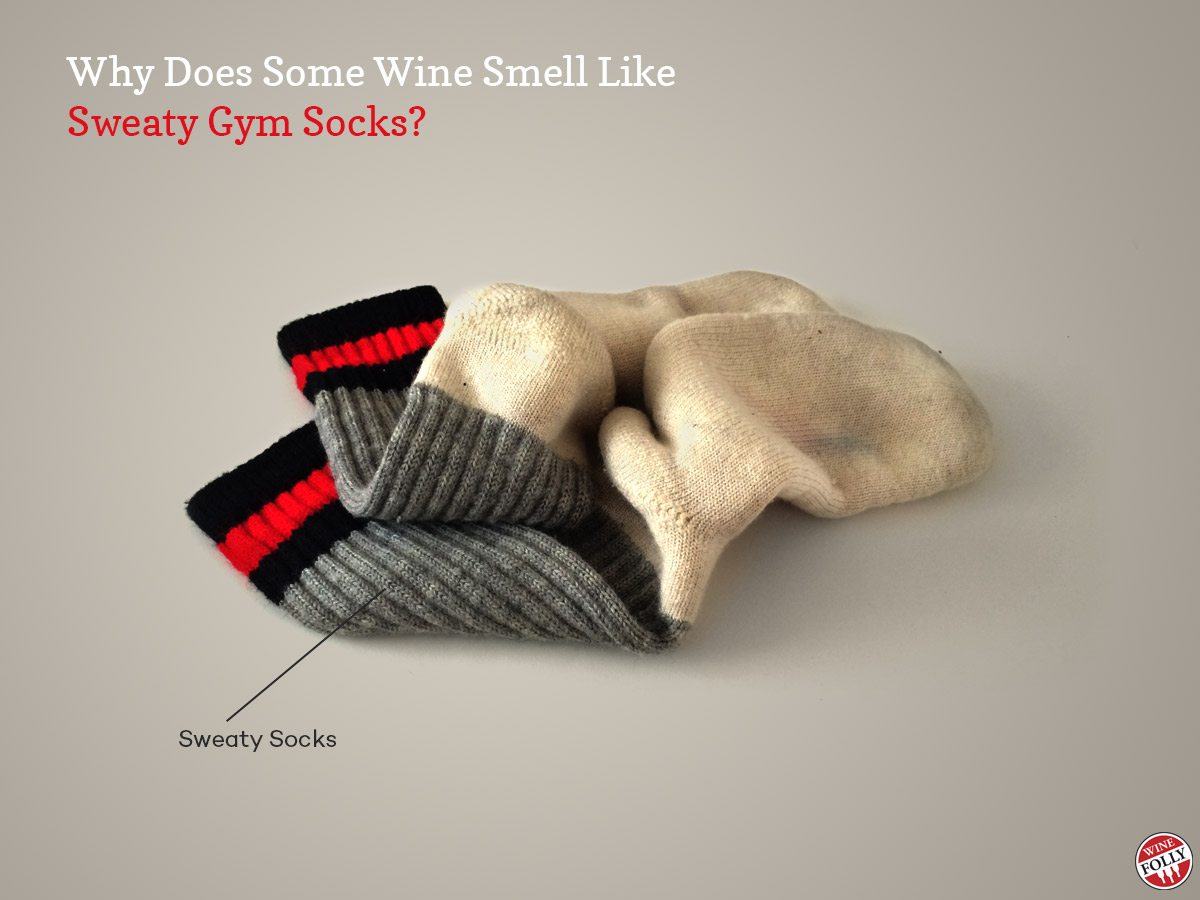Terrific tasting and somewhat funky smelling wines are hard to find because wineries often leave the smelly truth out of the tasting notes. I guess the words ‘tastes like licking an old leather saddle with a soupçon of raspberry purée’ doesn’t sell wine. However, there are a growing group of wine drinkers who love the funk. And let’s admit, the aromas of old saddle leather are really great on certain wines!
Where do these rustic aromas of farmyard, barnyard, old saddle leather, sweaty socks and cured meat come from?
The Farmyard and Barnyard Aroma is brought to you by a yeast called Brettanomyces
Why Some Wine Smells Like a Farmyard: Brettanomyces
Brettanomyces or ‘Brett’ as it’s colloquially called, is a yeast genus that gives off very earthy and rustic aromas. There are many hundred species of Brettanomyces and here are a few examples of how they make wine smell:
The Good
- Funk
- Bacon
- Gamey
- Wild Game
- Smoke
- Duck Crackling
The Bad
- Bandaid
- Barnyard
- Sweaty Gym Socks
- Rancid Cheese
Brett is an aroma associated to several wine regions (such as the Côtes du Rhône, some Italian wines and a few classic wineries in Napa). Despite its associations, most wineries try to stop it from procreating in their fermenting wines. This is because Brett is considered a wine fault. Large amounts of the yeast will nearly completely disguise the other flavors of the wine. Interestingly enough, breweries have had a growing resurgence of interest in Brett and add yeast concoctions to their beers. You can taste this characteristic in several Belgium ales.
On the flip side, when Brett goes too far, it smells like sweaty gym socks.

Is Brett Terroir?
Since Brett tastes and smells so earthy it’s often confused as a component of ‘terroir’ (← a bit of a nebulous term). I like to think of Brett as either a trademark characteristic of a winery or a region (if it’s used in moderation). While many argue that Brett is a wine fault, it’s entirely up to your taste to decide what you prefer.
An Absolute No-No in White and Sparkling Wine
While there are a few examples of ‘Bretty’ white wines (Savennieres anyone?), this style is not well loved in both white and sparkling wines.
More info about this funky yeast
Brettanomyces has numerous species of its own, each with many sub-strains. Despite the distaste of Brett in the wine industry, there are several commercially available Bretts on the market for beer making. The two primary species used commercially are Brettanomyces Anomalus and Brettanomyces Bruxellensis. There is quite a bit of difference in aroma between the two species. One style of Brett will have more smokey clove notes and another will smell of sweaty fruit. The aroma compound to blame is called 4-Ethyl guaiacol (4-EG)
Phenols
- 4-ethylphenol: Band-aids, barnyard, horse stable, antiseptic
- 4-ethylguaiacol: Bacon, spice, cloves, smoky
For now, wineries toil away obsessively cleaning barrels, walls and floors in their wineries to zap the wild yeasts growing there. However, perhaps there is a better way to create a happy natural yeast colony in a winery that makes wines taste more interesting.

